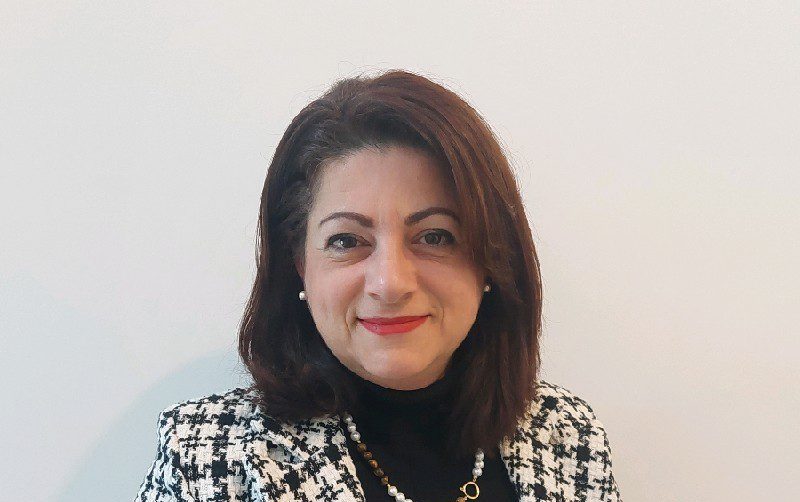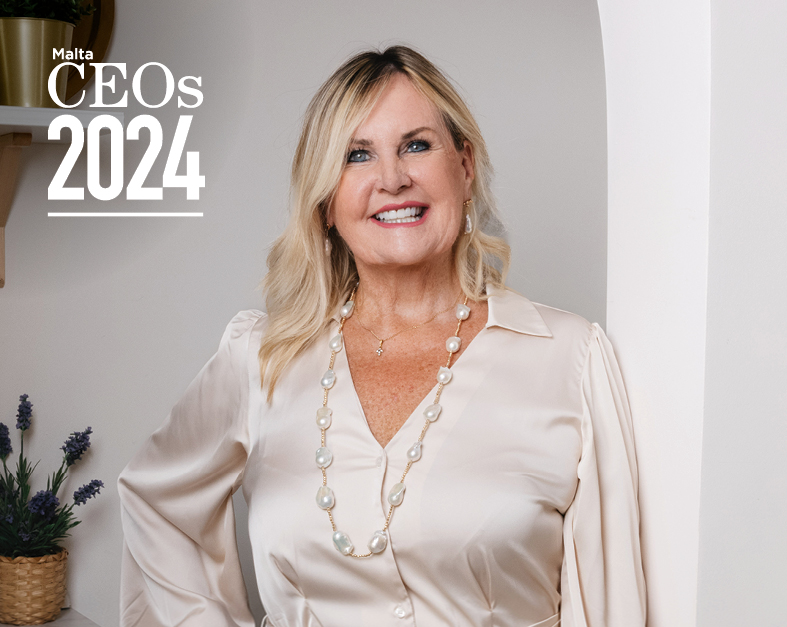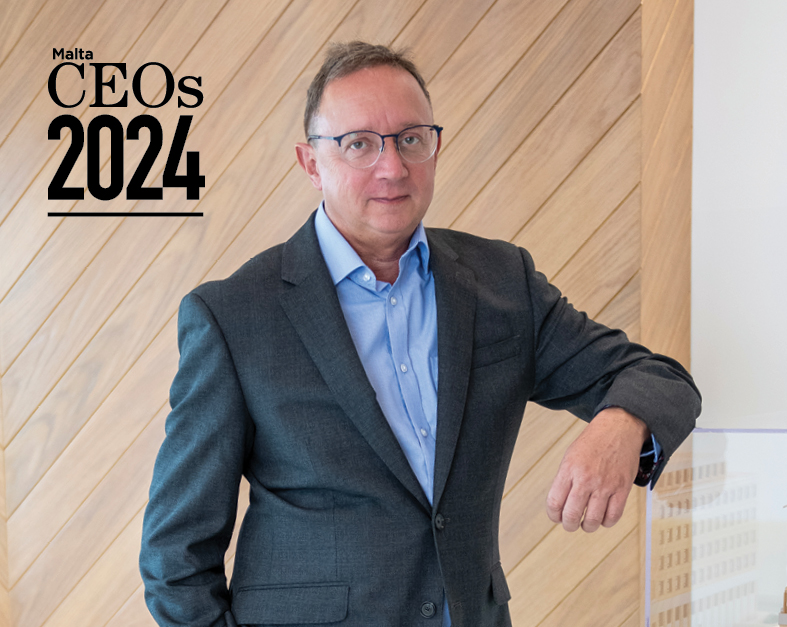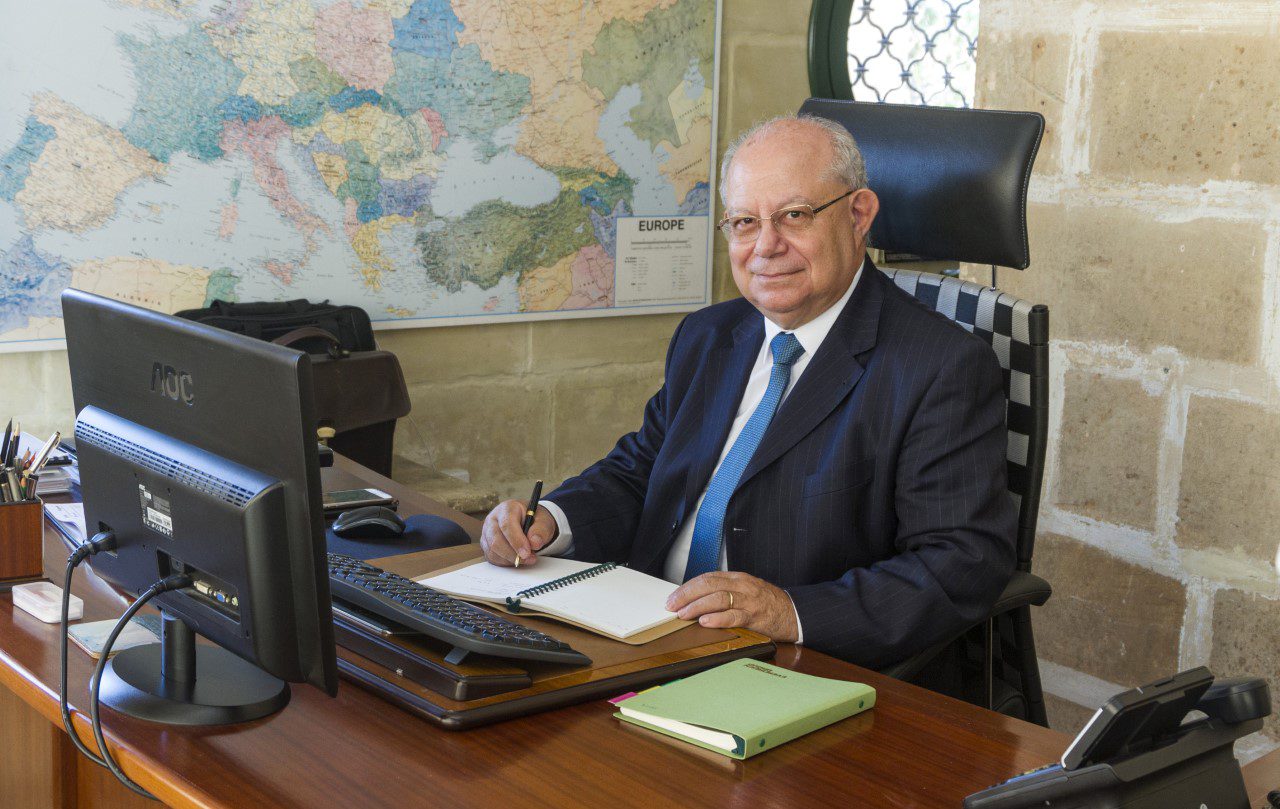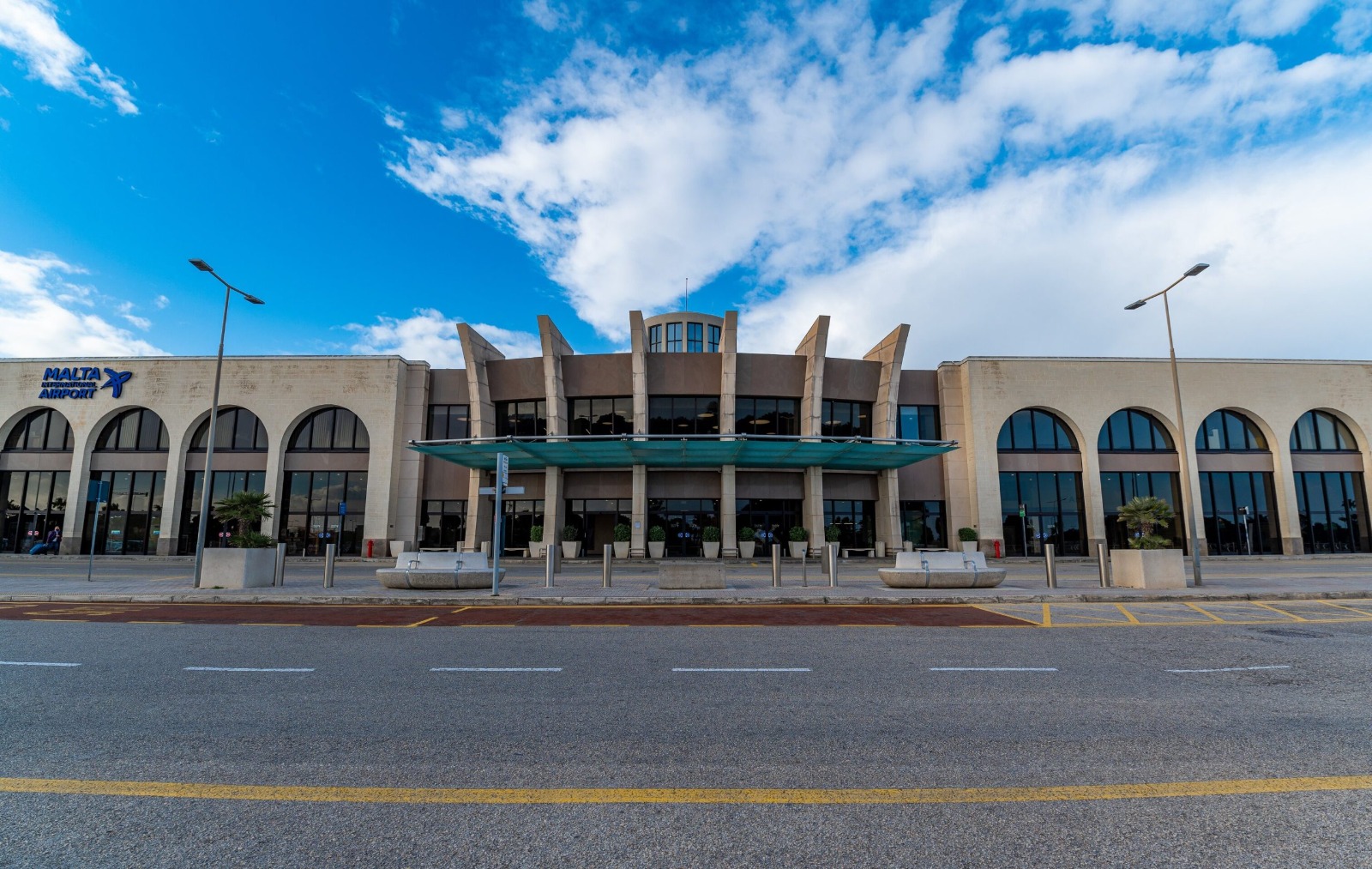Human Resources (HR) Consultant and Trainer Mariella Galea has stressed that business leaders need to adopt a “strategic approach” to employee training in order to mitigate any potential “operational challenges” resulting from taking time away from regular duties.
Local businesses have struggled with various staffing issues in recent years, with workers requesting higher rates of pay from employers. This has resulted in many employers paying more for talent, or hiring foreign workers to increase headcount when no local talent can be sourced.
However, Ms Galea remarked that businesses can also tackle this problem internally by investing in the upskilling and reskilling of their current employees, a key strategy that is still not being fully prioritised by companies. This was one of the topics highlighted during The Malta Chamber of SMEs’ SME Conference, held earlier this month with the theme “renewing our future growth”.
Ms Galea is a seasoned HR professional, currently serving as HR Consultant and Trainer at HR TalentLEAD, as well as Head of HR at Michele Peresso Group. She holds a Master of Science (MSc) in HR Management and Development from University of Leicester.
Speaking to MaltaCEOs.mt, she stated that as people in businesses face “continuously changing and challenging scenarios”, getting the right skills and knowledge to face these challenges is of utmost importance.
“The difference is between being proactive and ahead of the game or being reactive when the waves of change hit hard and fast. Learning requires time, energy, and commitment, and therefore anticipating change through investment in learning allows for change to happen in a sustainable and feasible way,” she continued.
Ms Galea highlighted that this is a vital decision that business leaders need to make. “As much as it is possible to prepare for change, investing time and money in learning can make a difference in ensuring that people and teams are ready to ride the wave of change or struggle as it hits them,” she explained.
She remarked that the decision to prioritise learning and development (L&D) ahead of other areas starts with a “change of mindset” from business leaders.
However, she acknowledged that even though HR and leadership decisions such as recruitment, selection criteria, and L&D budgets should be prioritised, “time remains a challenge” for businesses.
“Assigning time for L&D away from regular duties can create operational restrictions and challenges,” Ms Galea pointed out.
Business leaders have constantly faced the dilemma of whether to allow their employees time away from their duties to upskill and improve their productivity in the long run, sacrificing their short-term operations. Given many businesses are already very tight in terms of staff, this presents new challenges that require substantial planning.
Ms Galea stated that very often, an organisation’s “best people” are the ones who are most eager to “learn and grow”. Thus, “supporting them to learn is a win-win for both the business and the employee, who potentially sees learning as a career development initiative”, she added.
Therefore, depending on the type of learning programme chosen, the employee would want to develop themselves and their career through formal and higher-level learning such as qualifications.
However, learning does not have to take place away from the job. With adequate planning, employees can also learn while they are at work.
“Indeed, a high percentage of learning takes place on the job. This is critical when it comes to succession planning and development of talent, in that it is the responsibility of leaders and managers to develop people who have the potential to grow,” Ms Galea said.
Businesses cannot afford to simply “learn for learning’s sake”, as Ms Galea emphasised that this is not an effective plan of action and needs a more “strategic approach”. This is required for businesses to be able to “identify current and future skills gaps, aligned to business goals and scenarios, to ensure that learning is dedicated to the most value adding skills and competences,” she remarked.
She concluded that businesses need to contact professional learning specialists in order to carry out such exercises, thus ensuring that learning becomes an “investment” in developing talent and resilience for “meeting challenging current and future business scenarios”.
Featured Image:
HR TalentLEAD HR Consultant and Trainer Mariella Galea / LinkedIn
Ability to adapt identified as skill most requested by employers in Malta – Eurostat
Eurostat compiled data from 1,000 job portals in Europe, splitting online job advertisements into 32 occupation categories.
MMF Chairman stresses need for ‘structured and efficient mechanism’ to screen EU laws
This is in relation to the ETS on shipping, the implementation of which was heavily criticised by industry stakeholders.
Global Payments launches app in Malta enabling merchants to accept card payments via smartphones
The application, called GP tom, allows merchants to accept card payments with their mobile phone instead of the classic terminal.
Malta International Airport appoints two new Heads of department
Paul Toledo and Andrew Portelli bring a wealth of experience to their respective teams.


